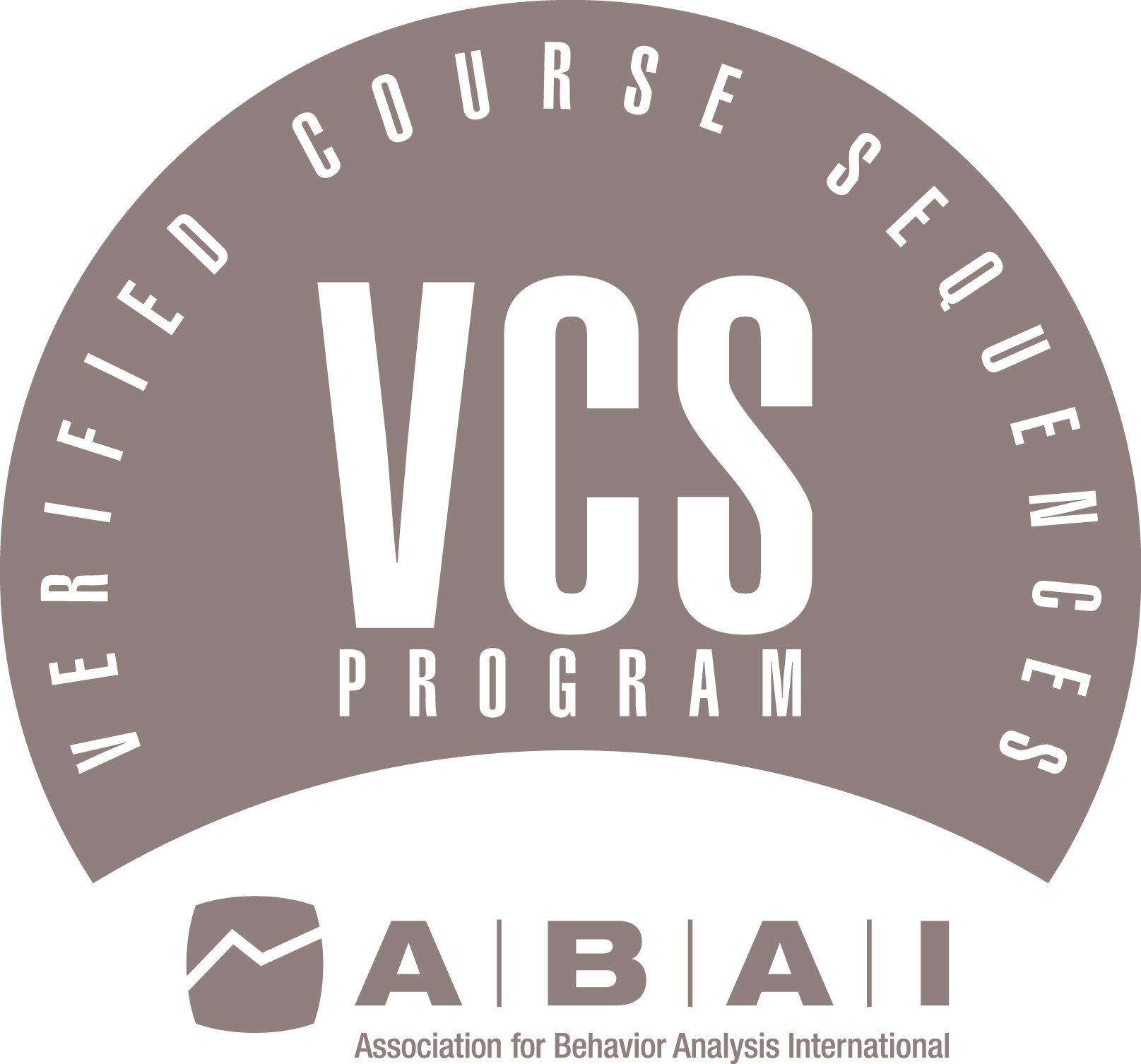
- Degree Level
- Graduate
- Degrees Offered
- Master of Education
- school/college
- School of Education
4+1 Master’s Program Advantage
With the increase in need for behavioral services, there is a growing demand for Board Certified Behavior Analysts nationally and internationally. Applied Behavior Analysis offers enormous opportunity in areas such as special education and clinical intervention for children with autism spectrum disorders and youth with other behavioral needs. Arcadia’s MEd in Applied Behavior Analysis is a Verified Course Sequence Accredited program and provides the required coursework for becoming a BCBA. Arcadia also offers support with practicum placement to allow students the opportunity to accrue required supervised hours toward the BCBA’s certification exam.
Arcadia’s 4+1 Master’s Program enables students to complete their undergraduate and graduate work in just five years. It provides an accelerated pathway for students to begin master’s coursework while finishing their undergraduate degree, saving valuable money and time.
Arcadia students in any major may apply and become provisionally accepted in their junior year to the Applied Behavior Analysis (ABA) 4+1 Master’s Program before completing their Bachelor’s degree. Students may take up to three graduate ABA courses during their senior year. Students who meet the admission requirements are assured admission into the ABA 4+1 Master’s Program at the start of their senior year. Arcadia undergraduate students with a 3.0 GPA are assured admission into the program.
- Expert Faculty: Learn from Arcadia’s instructors who are Board Certified Behavior Analysts (BCBA) with deep experience in both the field and the classroom;
- Licensing Exam Preparation: Our program is designed to help you meet the criteria for the BCBA credential to allow for license mobility;
- Flexibility: Our online program that can be completed in less than two years;
- Optional applied behavior analysis practicum opportunities to help you gain experience and meet the requirements to sit for the BACB’s certification exam through several local agencies in the Tri-State area.
Experiential Learning

“After completing my Master of Education in Applied Behavior Analysis from Arcadia University, I knew that it would be the perfect place to complete a doctorate program because of my experiences with the professors and the sense of community within the School of Education."
Keisha M. Robinson ’18MEd, ’24EdD
Featured Courses
Positive Behavioral Approaches
Elective Course
You will become an expert in positive behavioral approaches to encourage schools to exceed as positive systems of support for students and professionals. Through field experience and intervention-based study, you will learn both instructional and function approaches to school-wide support systems, classroom management, and individual behavioral support.
Introduction to Inclusive Education
Elective Course
Through a variety of learning strategies and experiences, you will become familiar with current special education theory, practice, advocacy and legislation, and gain expertise on best practices to ensure access equity and quality education for every student.
Character Students with Autism Spectrum Disorder
Elective Course
Lessons learned in school for all students are taken beyond the classroom, especially for students with Autism Spectrum Disorder. You will learn to recognize and work with characteristics of these students; considerations in school and home programming; family, community and legal issues; and life transitions.
Teaching Methods for Students with Autism
Elective Course
How do you develop teaching plans and evaluate student outcomes for all students, including those in the autism spectrum? In this seminar you will learn current research-based strategies addressing teaching complex behaviors, analyzing character behaviors, and collaborating with families.
Requirements
Undergraduate
Students who are accepted into the ABA 4+1 Master's Program can take up to three graduate ABA courses while completing their senior year of undergraduate studies. These designated graduate courses are ED661A, ED680A, and ED685A. While completing courses, 4+1 students will be advised by an assigned faculty mentor. The credits earned for these graduate courses by 4+1 students will only count toward their intended graduate degree, and cannot simultaneously count as credits for their undergraduate degree (or vice versa).
Arcadia undergraduate students with a 3.0 GPA are assured admission into the program
Graduate
Students who are able to attend full-time may complete the program in three consecutive semesters (Fall, Spring, Summer) and earn their master's degree in one year. Graduate credits that you earn as an undergraduate student through the 4+1 Master’s Program will be transferred to your graduate transcript once you begin the MEd with a concentration in Applied Behavior Analysis at Arcadia.
Approved by the Behavior Analyst Certification Board
The Association for Behavior Analysis International has verified Arcadia’s courses toward the coursework requirements for eligibility to take the Board Certified Behavior Analyst® or Board Certified Assistant Behavior Analyst® examination. Applicants will need to meet additional requirements before they can be deemed eligible to take the examination. The BACB requires that a master’s degree in a related field be obtained prior to applying for board certification. The BACB requires that a master’s degree in a related field be obtained prior to applying for board certification.
In addition to the Applied Behavior Analysis graduate certificate and master’s degree, Arcadia also offers optional applied behavior analysis practicum opportunities to help you gain experience and meet the requirements to sit for the BACB’s certification exam through several local agencies in the Tri-State area.

School of Education Graduate Program Information
Admission Requirements
Undergraduate students enrolled in the fall semester of their junior year may apply to the ABA 4+1 Master’s Program.
Tuition and Fees
Learn more about the cost differences for part- and full-time students and any specialized School of Education program costs.




